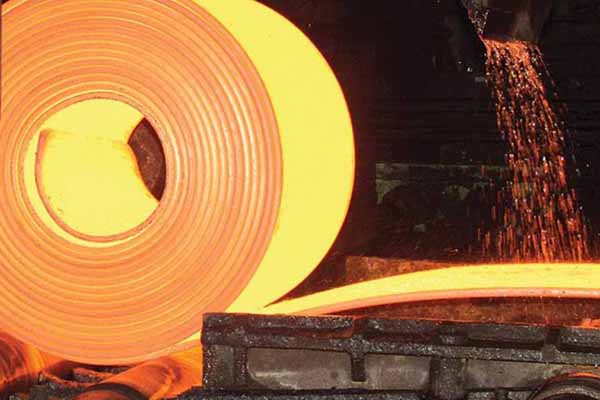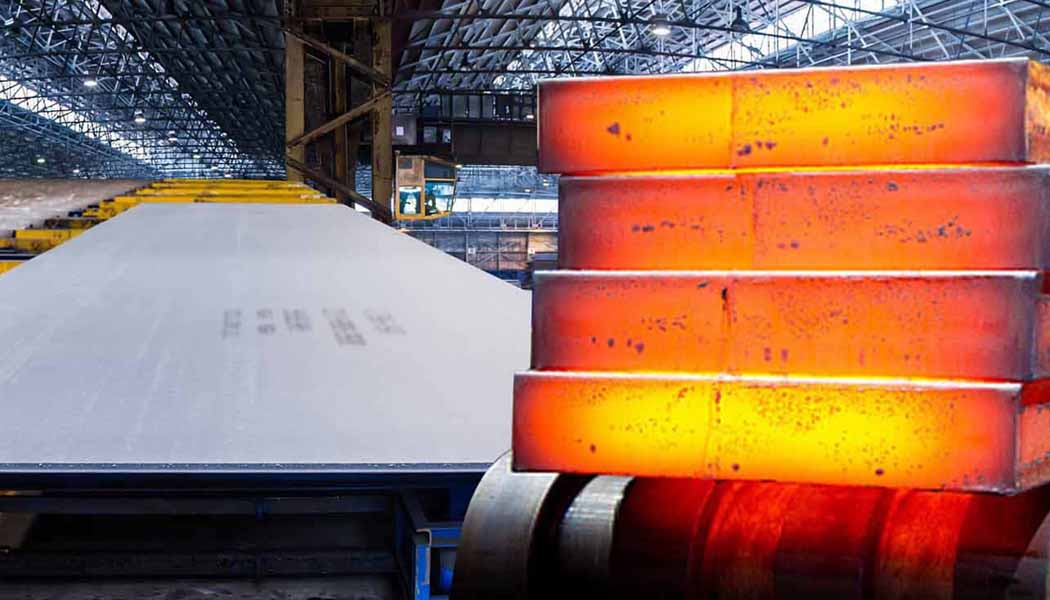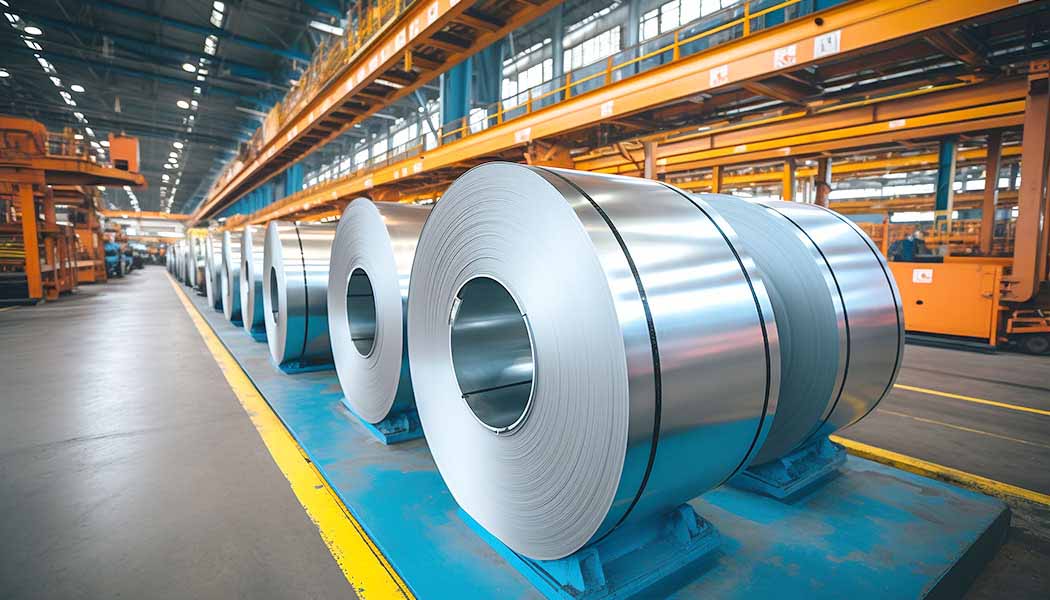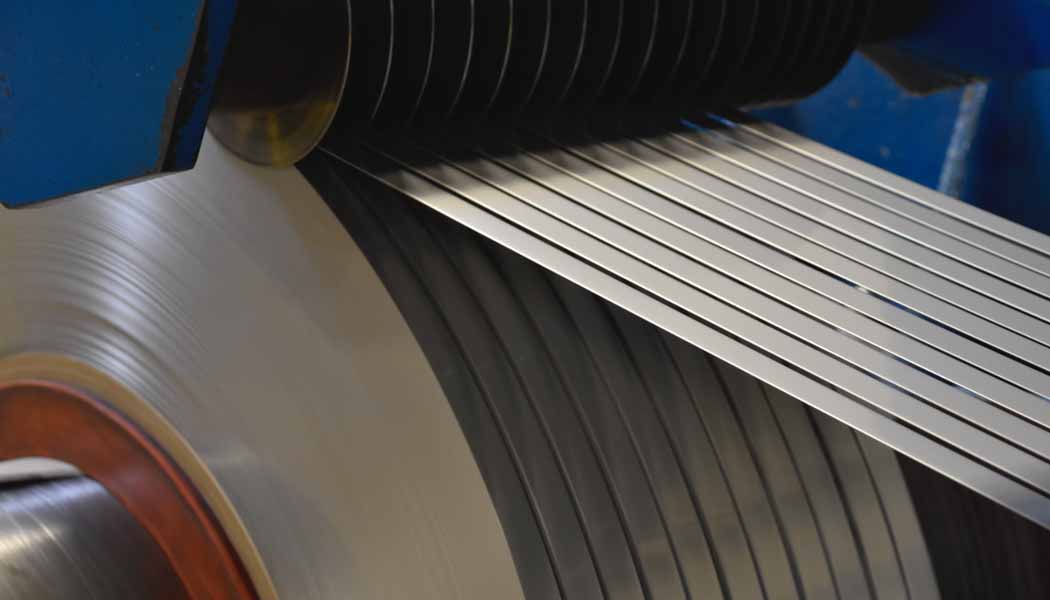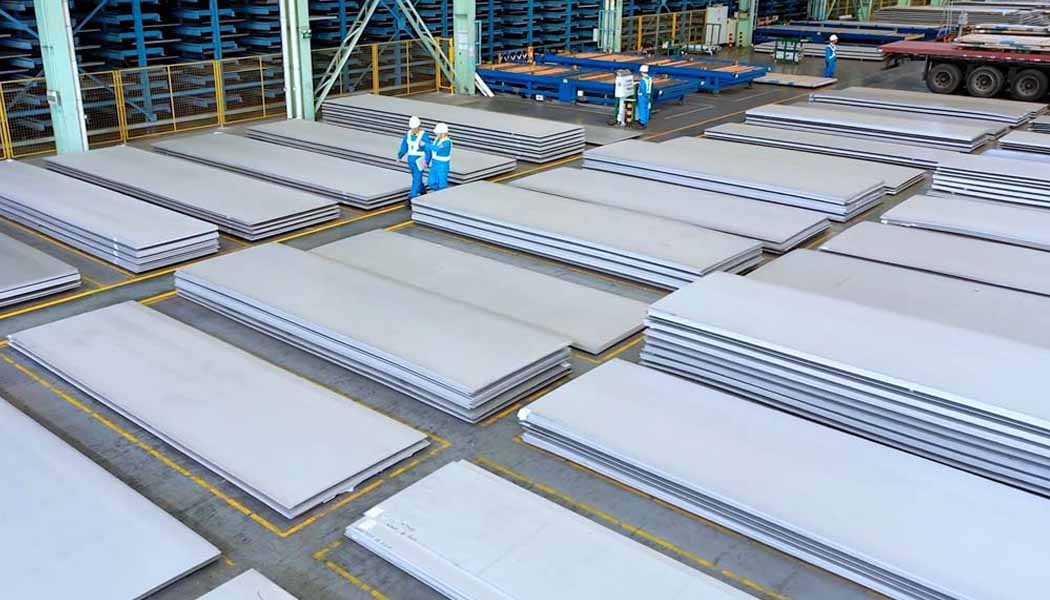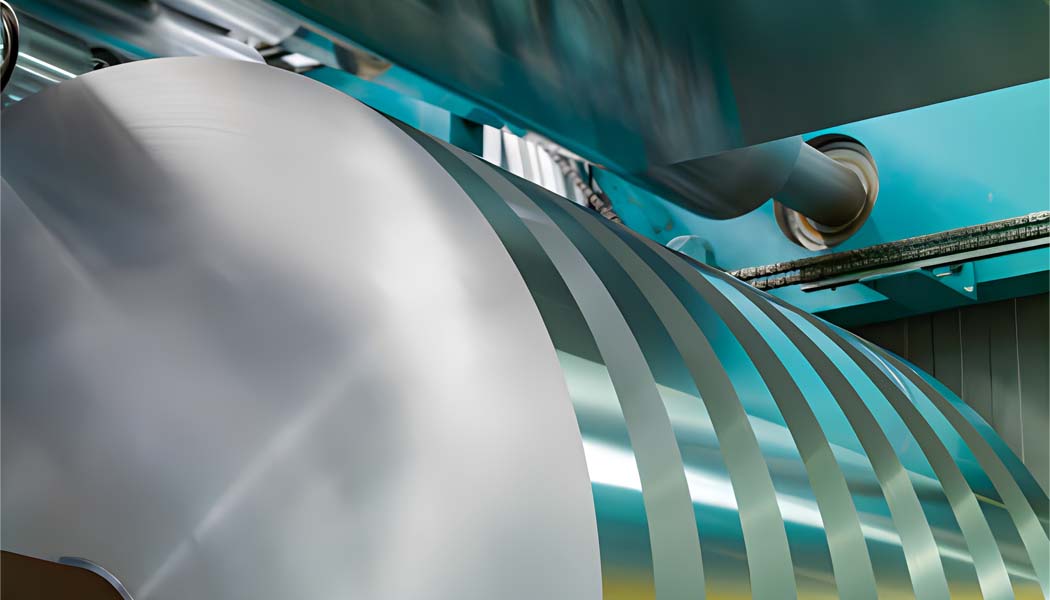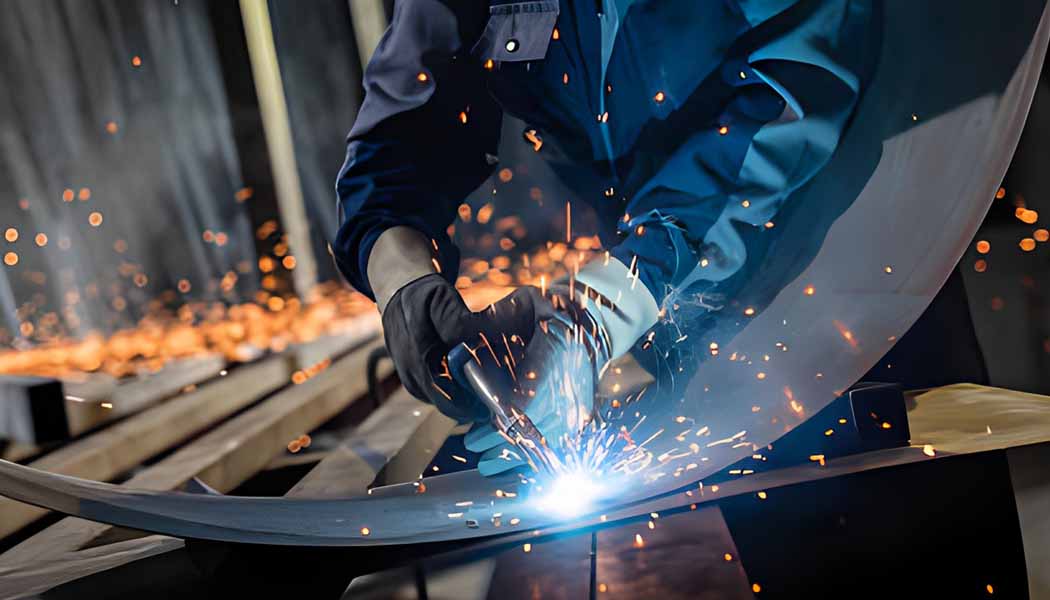Incoloy 800 (UNS N08800, Alloy 800, W.Nr. 1.4876, Incoloy® 800):
Incoloy 800H (UNS N08810, Alloy 800H, W.Nr. 1.4958, Incoloy® 800H):
Incoloy 800HT (UNS N08811, Alloy 800HT, W.Nr. 1.4959, Incoloy® 800HT):
Incoloy 800, 800H, and 800HT are nickel-iron-chromium alloys known for their excellent resistance to high-temperature oxidation and carburization. Incoloy 800 offers outstanding stability and corrosion resistance, making it ideal for chemical processing and nuclear applications. Incoloy 800H features improved creep resistance and stress rupture properties, making it suitable for high-temperature environments like petrochemical processing. Incoloy 800HT further enhances these properties with a more refined composition, providing superior mechanical strength and thermal stability in extreme conditions, making it the preferred choice for applications requiring sustained high-temperature performance, such as heat exchangers and furnace components.
Incoloy 825 (UNS N08825, Alloy 825, W.Nr. 2.4858):
Incoloy 825 is a nickel-iron-chromium alloy with additions of molybdenum, copper, and titanium, and provide exceptional resistance to many corrosive environments. The alloy's high nickel content makes it enough to resist chloride-ion stress-corrosion cracking. The combination of nickel, molybdenum and copper gives it outstanding resistance to reducing environments such as those containing sulfuric and phosphoric acids. The molybdenum also aids resistance to pitting and crevice corrosion. In addition, The titanium addition serves, with an appropriate heat treatment, to stabilize the alloy against sensitization to intergranular corrosion.
Incoloy 925 (UNS N08825, Alloy 925):
Incoloy 925 is a nickel-based superalloy that offers excellent strength and corrosion resistance, making it ideal for oil and gas applications. Composed of nickel, iron, chromium, molybdenum, and copper, it effectively resists pitting and stress corrosion cracking, ensuring durability in harsh environments. Its exceptional mechanical properties at elevated temperatures make Incoloy 925 perfect for components like valves and downhole equipment, where corrosion resistance and strength are crucial.
 English
English Русский
Русский

